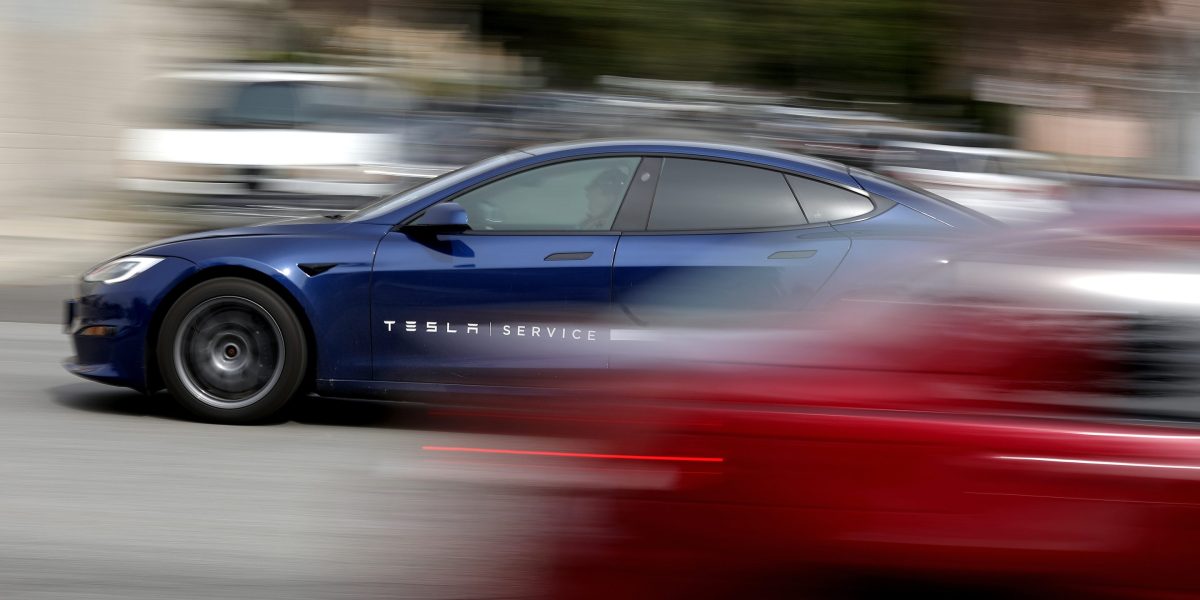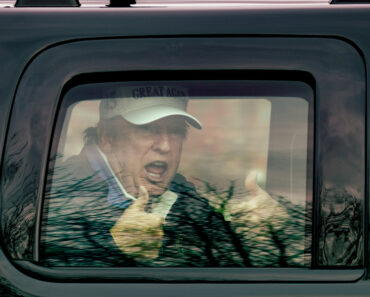This post was originally published on this site
https://fortune.com/img-assets/wp-content/uploads/2024/04/GettyImages-1247204407-e1712311530790.jpg?w=2048
Tesla Inc. is relying on technical support from Apple Inc. as the car company seeks to prove at an upcoming high-profile trial over the safety of its Autopilot system that a Model X driver who worked for the iPhone maker was playing a video game on his phone when he crashed and died.
Lawyers for the family of Walter Huang, an engineer who was killed on his commute to work, say his former employer is “secretly” maneuvering to support Tesla’s attempt to blame distracted driving for the wreck. A National Transportation Safety Board investigation had failed to reach a definitive conclusion about what Huang was doing in the final seconds before impact.
Based on forensic examinations of Huang’s iPhone, Tesla has said he was playing Sega’s Total War: Three Kingdoms at the time of the crash, though the Huang family’s attorneys say Tesla can’t prove that just because the app was open on his screen.
The two sides are sparring over whether Tesla can call an Apple engineering manager as a witness for a two-month trial set to start next week in state court in San Jose. Apple representatives didn’t respond to a request for comment after regular business hours.
Tesla has prevailed in two previous California trials over Autopilot — the second one involving a fatal crash — in which the driver-assistance system was blamed after the vehicles veered off the road.
The company voluntarily recalled 2 million vehicles late last year after the National Highway Traffic Safety Administration found that Autopilot failed to ensure drivers stay attentive. Lawyers representing crash victims and family members who have sued Tesla over accidents say the determination bolsters their claims that the technology is defective and contributed to collisions.
Tesla obtained a sworn statement from an Apple engineering manager, James Harding, who analyzed unencrypted telemetry data on Huang’s phone and said it “suggests possible user interaction, which might be a screen touch or button press.”
The Huang family’s lawyers have countered in a court filing that Tesla purposefully hid its questioning of Harding from them until after pretrial fact-finding deadlines. They are now trying to force Apple to provide more information, and the iPhone maker is pushing back, saying that it shouldn’t have to hand over confidential material.
The NTSB said in a report that the probable cause of Huang’s crash into a barrier along Highway 101 in Mountain View was a combination of “limitations” with the Autopilot system and the driver’s “lack of response due to distraction likely from a cell phone game application and overreliance” on Autopilot.
The report noted that the Model X’s computer detected that Huang’s hands weren’t on the steering wheel just before the crash. Tesla’s owner’s manual says Autopilot users must remain engaged while driving.
The agency also faulted California’s highway department for failing to fix the barrier that Huang’s car collided with after it was damaged in a previous crash.
The case is Huang v. Tesla Inc., 19CV346663, California Superior Court, Santa Clara County (San Jose).




